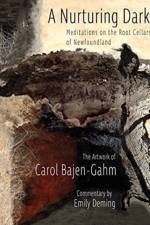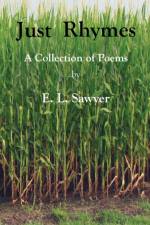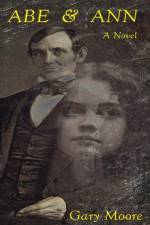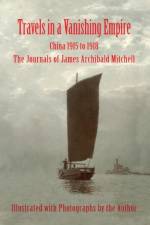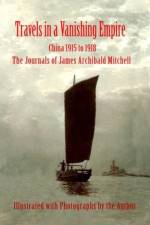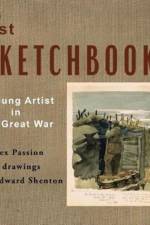- The Journals of James Archibald Mitchell
von James A Mitchell
23,00 €
1915 to 1918 was a tumultuous period of Chinese history. In 1912, the 250-year-old Qing dynasty had been overthrown and powerful generals and political leaders were vying for power. Warlords and rebel armies were ranging the countryside; there was no effective central government, and foreign businessmen and missionaries were walled in well-defended compounds.In the midst of this chaos, a twenty-four-year-old college graduate named James Archibald Mitchell, landed in Shanghai to teach English at St John’s University, the so-called Harvard of the East.Mitchell was an avid diarist, a skilled photographer and an acute observer of local customs, and whenever he had time off he set out to explore the country, the presence of warring armies and travel difficulties notwithstanding.Arch, as he was known, was brought up in Centreville, Maryland, the son of a popular Episcopalian minster, and was educated at Trinity College in Hartford, Connecticut. He was essentially a country boy, a dyed-in-the wool American with no international experience, and the storied Orient was both an inspiration and a shock to him. But as he makes clear in an early journal, his intention was to record what he saw with an objective, eye --- not an easy task for one so deeply schooled in Christianized Western culture.What emerged over the course of three years, is a very personal account of his time in China during the Warlord Period in both words and photographs, a record of peasant life, boat families, climbing and hunting expeditions, and above all, exquisite images of the Chinese people and their land.Apart from being a good, entertaining read and visual documentation, Travels in a Vanishing Empire is record of everyday Chinese life, an aspect of history that is not well covered in books about this period.It is also, although unstated, an account of the moral growth of an individual. Mitchell’s travels reinforced his earliest feelings about people different than himself. He told one of his nephews after he returned home that he would now look at a person and see only another human being. After his return from the East, he joined the ministry and went on to become an early civil-rights activist.


